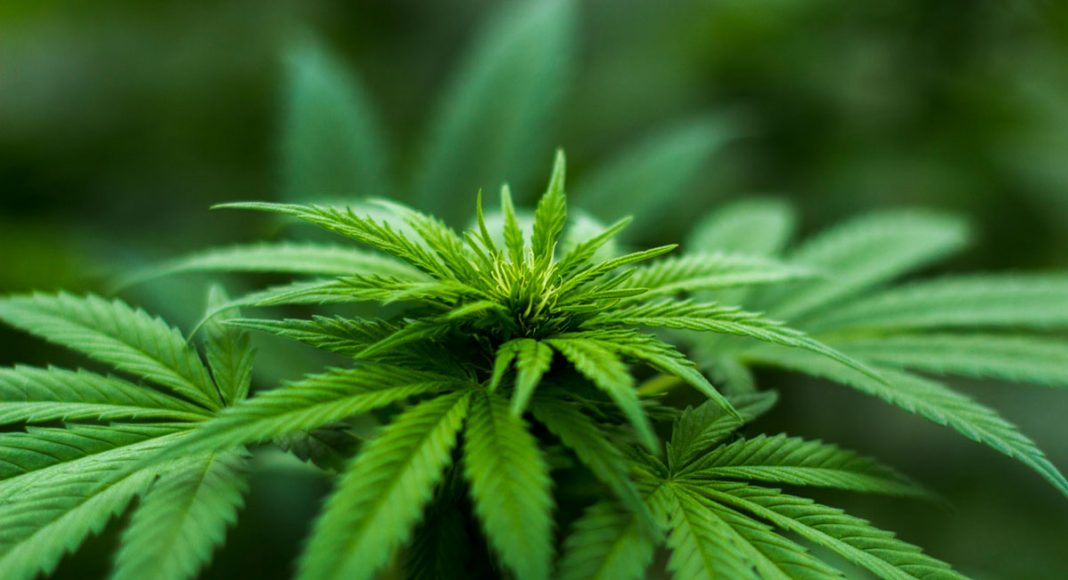A new bill was passed in the New Jersey Senate that could expand the medical marijuana program exponentially. The bill broadly recognizes a new slew of conditions; in fact, it leaves the decision up to you and your doctor. If the doctor says medical cannabis will help ease what ails you, you’ll be eligible for a card.
As of now, the program still shakily stands in the shadow of Chris Christie’s strict governance. There are only 15,000 registered patients across the entire state and obtaining a card is expensive: It costs $200 to register. The new bill looks to eliminate the fee and it’s estimated that the number of registered patients could go up to 150,000 in the first year it’s active.
“What we’re doing is lifting the restrictions and putting it in the patients’ and doctors’ hands,” Assemblyman Reed Gusciora (D) Mercer expounded. Gusciora was one of the sponsors of the state’s original medical marijuana legislation and is likely more than relieved to see this new bill go through.
Another reason for the bill’s popularity is the hope that it will help to combat the state’s ever growing opioid crisis. Though not all evidence is in yet, the numbers seem to show that overdose deaths go down in states that improve or implement cannabis programs so that they’re accessible to the many.
And that it will be. Chronic pain was glaringly not listed as a qualifying condition under Christie, whereas now that will likely be one of the top reasons for obtaining a card. Chronic pain comes from too many sources to name, but it’s one of the main conditions that cannabis is known to treat.
The bill passed 6-2, but with no republican support. Governor Phil Murphy rode into office on promises of medical marijuana expansion and cannabis legalization. At this point, however, it looks like he’s currently having a lot more success with expanding medical than with starting recreational, which is opposed by several caucuses and “key groups” according to northnewjersey.com.
-
Related Story: Forbes: Legal Cannabis Will Create One Million Jobs By 2025
Home cultivation did come up, but is not expected to be included anytime soon. Though it would bring the cost of medication down for many, for now, the $200 fee being eliminated will have to do and we can only hope that the many new dispensaries that will be cropping up will have compassionate programs in place for the waterfall of new patients expected to come forward.


